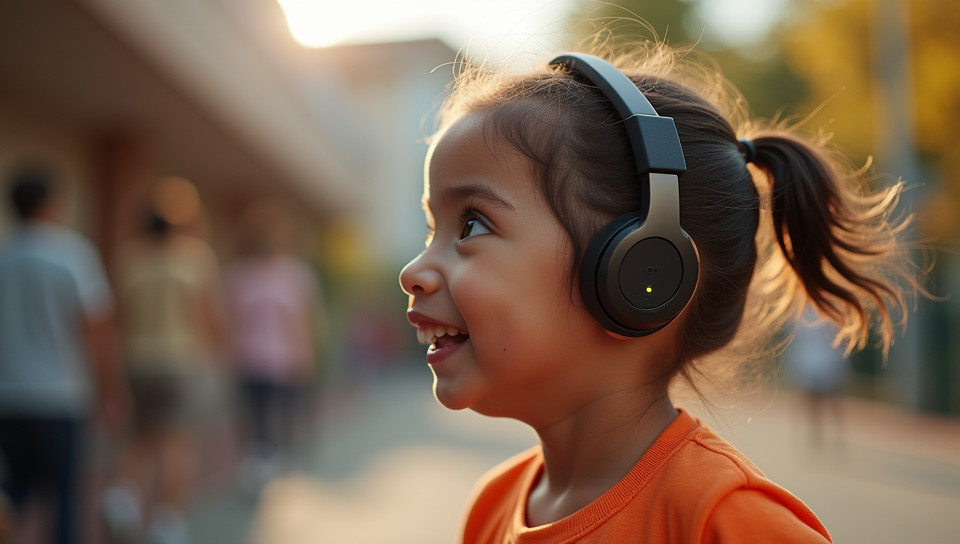Fitness trackers are not suitable for young children 65%

The Hidden Dangers of Fitness Trackers for Young Children
As we strive to instill healthy habits in our little ones, many parents and caregivers are turning to fitness trackers as a way to monitor their child's physical activity. However, these devices may not be as harmless as they seem. In fact, fitness trackers can pose serious risks to young children, from safety concerns to long-term health implications.
The Risks of Safety Concerns
Fitness trackers often come with a range of features that are designed to encourage kids to move more and sit less. However, these devices can also create new hazards for young children.
- They can get lost or tangled in jewelry
- They can be a choking hazard if swallowed
- They can interfere with medical devices such as pacemakers
- They can cause skin irritation or allergic reactions
The Impact on Young Minds and Bodies
Fitness trackers can also have a profound impact on the developing minds and bodies of young children. For instance:
- Unrealistic Expectations: Fitness trackers can create unrealistic expectations about physical activity, leading to feelings of guilt or shame if the child doesn't meet their daily targets.
- Overemphasis on Competition: Some fitness trackers come with leaderboards or competitive features that can foster an unhealthy focus on competition rather than cooperation and self-improvement.
- Lack of Context: Fitness trackers often provide a narrow view of physical activity, failing to account for other important factors like rest days, flexibility exercises, or strength training.
What's the Alternative?
So what can parents and caregivers do instead? Here are some alternative strategies for promoting healthy habits in young children:
- Lead by Example: Show kids that physical activity is fun and rewarding by participating in activities with them.
- Create a Supportive Environment: Encourage kids to try new sports or activities, but also provide opportunities for rest and relaxation.
- Focus on Fun: Prioritize games, playtime, and other enjoyable activities that promote physical activity without the pressure of tracking every step.
Conclusion
Fitness trackers may seem like a convenient solution for promoting healthy habits in young children, but they can pose serious risks to their safety, mental well-being, and long-term health. By choosing alternative strategies that prioritize fun, play, and self-improvement, we can help our kids develop healthy relationships with physical activity that will last a lifetime.
- Created by: Olivia Brunner
- Created at: Aug. 24, 2024, 10:03 p.m.
- ID: 8204


